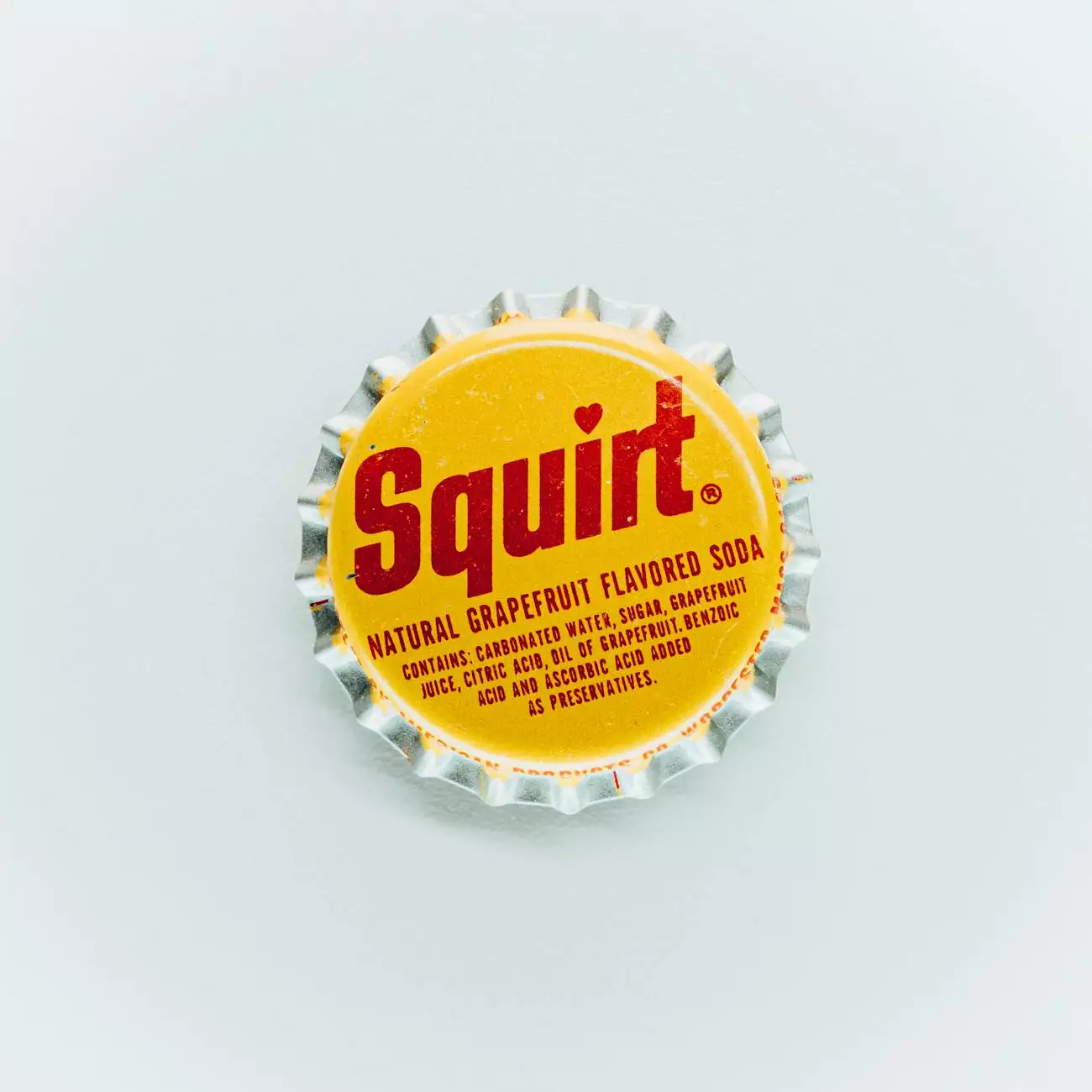The ABCs of Title Tags and Keywords
Blog
Welcome to PopTop SEO, the premier SEO service provider in the Business and Consumer Services industry. We are here to help you understand and optimize your website's title tags and keywords to improve your search engine rankings on popular search engines like Google.
What are Title Tags?
In the world of SEO, title tags play a crucial role in determining how search engines perceive and display your website in search results. Title tags are HTML elements that define the title of a web page and are displayed as clickable headlines on search engine results pages (SERPs).
A well-crafted title tag can significantly impact your website's visibility and click-through rates, as it is often the first thing users see when browsing search results. It is important to optimize your title tags with relevant keywords to attract the right audience and increase organic traffic to your site.
Importance of Keyword Research
Keyword research is a fundamental aspect of SEO. It involves identifying the most relevant and popular keywords related to your business or industry. By conducting thorough keyword research, you can understand what terms your target audience is searching for and effectively optimize your title tags and website content.
At PopTop SEO, we have extensive experience in keyword research and analysis. Our team of experts utilizes cutting-edge tools and techniques to identify high-traffic keywords that can drive qualified leads to your website. By incorporating these keywords into your title tags, you can improve your search engine rankings and attract more organic traffic.
Tips for Writing Effective Title Tags
When it comes to writing title tags, it is crucial to follow certain best practices to maximize their impact on search engine rankings. Here are some tips to help you write effective title tags:
1. Keep it Concise and Relevant
Your title tags should ideally be between 50-60 characters long, including spaces. This ensures that your title tags are not truncated in search results. Make sure to include relevant keywords within this character limit to convey the purpose of your webpage clearly.
2. Front-Load Important Keywords
Search engines place significant importance on the first few words of your title tags. To improve your chances of ranking higher, front-load your title tags with important keywords that accurately represent your content.
3. Avoid Keyword Stuffing
While it is essential to include relevant keywords, it is equally important to avoid keyword stuffing. Search engines penalize websites that excessively use keywords in their title tags. Focus on creating natural-sounding, compelling titles that accurately describe your webpage content.
4. Create Unique Title Tags for Each Page
Every page of your website is unique and deserves its own title tag. Avoid duplicating title tags across different pages, as this can confuse search engines and lead to lower rankings. Craft unique, descriptive title tags that accurately reflect the content of each webpage.
Optimizing Keywords Strategically
Once you have identified relevant keywords for your title tags, it's important to incorporate them strategically throughout your webpage's content. Here are some areas where you can optimize your keywords:
1. Meta Descriptions
A well-written meta description provides a concise summary of your webpage's content and can impact click-through rates. Include your primary keywords in the meta description to attract the attention of search engine users and entice them to click on your website.
2. Heading Tags (H1, H2, H3)
Heading tags not only help structure your content for readability but also provide search engines with an understanding of your webpage's hierarchy. Incorporate your targeted keywords in relevant heading tags to signal the importance of those keywords to search engines.
3. Body Content
Your webpage's body content is a prime area where you can optimize keywords. However, make sure to prioritize user experience and readability. Use keywords naturally and contextually within your paragraphs to provide valuable information to your audience.
4. Image Alt Tags
Optimizing image alt tags with relevant keywords not only helps improve accessibility for visually impaired users but also provides search engines with additional contextual information about your webpage. Enhance your website's visibility by using descriptive alt tags that align with your targeted keywords.
Monitoring and Analyzing Results
Once you have implemented your optimized title tags and keywords, it is crucial to monitor and analyze the results. Regularly track your search engine rankings and organic traffic using analytics tools to assess the effectiveness of your SEO efforts.
At PopTop SEO, we provide comprehensive SEO reporting and analysis to help you understand the impact of your title tags and keyword optimizations. Our team of experts will monitor your website's performance, identify areas for improvement, and continually refine your SEO strategy to ensure long-term success.
Conclusion
In summary, optimizing your website's title tags and keywords is essential for improving your search engine rankings and attracting valuable organic traffic. By following the best practices outlined in this guide, you can make your webpages more visible, increase click-through rates, and achieve long-term SEO success.
Choose PopTop SEO, the leading provider of SEO services in the Business and Consumer Services industry, to optimize your website's title tags and keywords. Contact us today and let our team of experts help you outrank your competitors, drive organic traffic, and achieve your business goals.




